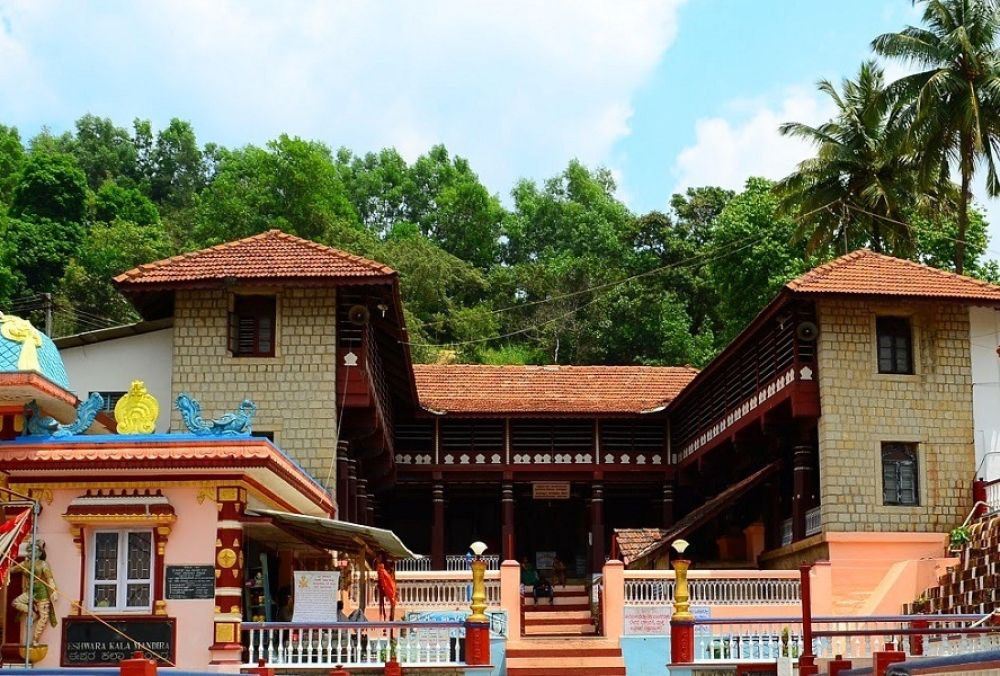

Nestled within the lush green folds of the Western Ghats, Kalasa is a small town situated in the Chikkamagaluru district of Karnataka, India. This serene location, ringed by verdant coffee plantations, paddy fields, and towering forests, has a rich history steeped in both myth and tradition, contributing to its emerging popularity as a tourist spot.
The history of tourism in Kalasa is intrinsically linked to its religious heritage. According to Hindu mythology, the town is believed to have been a part of the realm where the wedding of Lord Shiva and Goddess Parvati took place, providing Kalasa with a storied spiritual resonance. The Kalaseshwara Temple, dedicated to Lord Shiva, is a central fixture of the town and a major pilgrimage site that continues to draw visitors year after year.
The British Raj also left an indelible mark on the region's landscape, with the establishment of coffee plantations during the colonial era. These plantations began to attract tourists in the early 20th century, intrigued by the prospect of visiting the sprawling estates and experiencing the cool, temperate climate.
Over the years, tourism in Kalasa has broadened beyond religious pilgrimages and colonial heritage to include ecotourism and adventure activities. The town's proximity to the Bhadra Wildlife Sanctuary has positioned it as a gateway for nature lovers and wildlife enthusiasts. Furthermore, the surrounding Ghats offer ample trekking and hiking opportunities, with the famous trek to Kudremukh Peak being a highlight for many adventure seekers.
The latest tourism trends in Kalasa focus on sustainable tourism and homestays. Visitors often choose to stay with local families to experience authentic Kodava hospitality and cuisine, creating a more intimate and eco-friendly travel experience. This shift towards responsible tourism helps in preserving the natural beauty and cultural integrity of the area while providing socio-economic benefits to the local community.
The historical trajectory of tourism in Kalasa has seen a gradual but significant transformation, yet the town has retained its old-world charm and spiritual allure. Today, Kalasa continues to fascinate a diverse set of travelers, promising a blend of history, spirituality, nature, and adventure—all set against the breathtaking canvas of the Western Ghats.